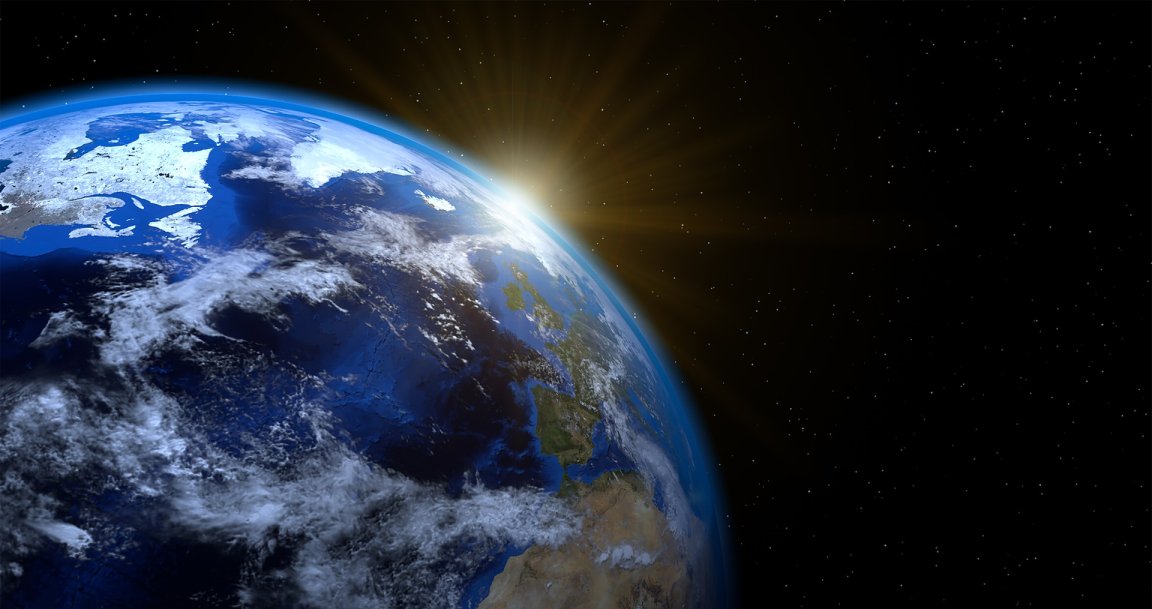
Inconvenient and True
Ever since Al Gore’s controversial documentary was released in 2006, public awareness campaigns about climate change have been in full swing. While the debate still rages in the public sector, most scientific organizations and communities have come to a consensus that the Earth is, indeed, undergoing a change in climate.
Temperatures are getting warmer, and weather patterns are becoming more and more erratic. And perhaps most importantly, science shows that humans are causing it.

Yet, there are still people who think that anthropogenic climate change is a matter that’s being debated in the sciences. Although researchers are still investigating how it operates in a number of different scenarios, there is no real academic debate regarding the reality of man-made climate change.
But while a study done by Yale University researchers last year showed that many Americans accepted the reality of climate change (around 63%), only 48% accepted that humans are responsible.
Sadly, many continue to call it an outright hoax (even former French president Nicolas Sarkozy seems to think it is). So where’s this divide coming from?
Facts of a Confusing Variety
To begin, there is, of course, the politics and lobbying. Case in point, a Drexel University study found that there is a vast reservoir of individuals and organizations who have invested in climate change denial—to the tune of some $560 million.
“The climate change countermovement has had a real political and ecological impact on the failure of the world to act on global warming,” the authors’ noted in a statement. “Like a play on Broadway, the countermovement has stars in the spotlight – often prominent contrarian scientists or conservative politicians – but behind the stars is an organizational structure of directors, script writers and producers. If you want to understand what’s driving this movement, you have to look at what’s going on behind the scenes.”
In short, there is a major issue with foundations who have significant things to gain from promoting “ultra-free-market ideas,” and these are centered on non-governmental interference in relation to corporate carbon emissions.
Then there is also the supposed issue between science and religion, which leads some to claim that (in spite of what science shows) humanity is not able to alter nature in meaningful ways. One public official explains his thoughts on the intersection, “God’s still up there, and the arrogance of people to think that we, human beings, would be able to change what he is doing in the climate, is to me, outrageous,” says Sen. James Inhofe of Oklahoma.

However, there are more intriguing reasons.
Phil Plait believes that it is largly the general scope and scale of the issue itself. “We see what’s immediately around us, and have difficulty extrapolating to the greater world,” Plait explains. Climate change affects the entire world, in ways beyond just the normal, day-to-day temperature getting warmer. And to say that all of this was caused by humans? How could that be?
It’s a scale hard to contextualize — and for many, the numbers and the statistics aren’t enough to make it understandable.
Plus, the confusing way some news outlet deliver the facts isn’t helping — neither is the whole “it’s the end of the world,” fear-mongering, approach.
Yes, there is an issue. Yes, we need to fix it. But no, New York will not be under water in 5 years. Such grandiose sensationalism just drives deniers further into denial and pushes those on the fence right off and on to the other side.
This misunderstanding leads to further confusion when we have politicians literally throwing snowballs in the Capital Building as proof of the climate change hoax.
Maria Galucci agrees. It’s the immediacy of the issue that makes climate change a hard pill to swallow for some. People see the effects of climate change, but they need to see other more immediate things that cause these effects.
In short, we need to localize and contextualize the issue—show people the tangible things that are having an impact now as opposed to making sweeping claims that seem too big to be true and are difficult to show.
It boils down to this: We have an impact on the environment. While these effects may be small compared to the scale of nature’s systems, it is consistent and continuous. “It never stops,” says Plait.
We can choose to change that, and we need to. This starts with small conversations and community engagement.